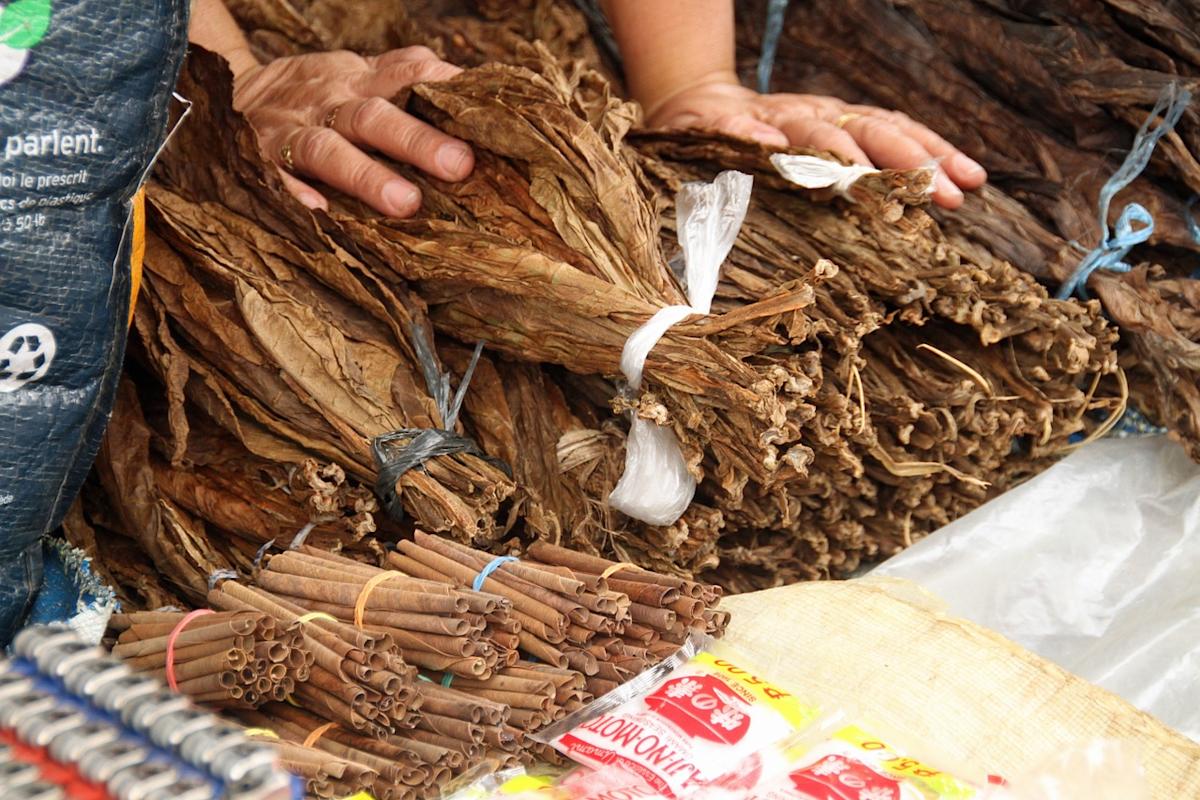Cultural Significance Of Tobacco In Different Countries
Share
Tobacco has played a pivotal role in various cultures around the world, serving not only as a recreational substance but also as a symbol of tradition, spirituality, and social interaction. This article explores the multifaceted significance of tobacco in different countries, highlighting its historical roots, cultural practices, and the evolving perceptions surrounding its use.
Historical Context of Tobacco
Tobacco's journey began in the Americas, where indigenous peoples cultivated it for thousands of years. They used tobacco in religious ceremonies, as a healing agent, and as a means of social bonding. The arrival of European colonizers in the 15th century marked a significant turning point, as tobacco was introduced to the Old World, leading to its widespread commercialization.
The Indigenous Perspective
In many indigenous cultures, tobacco is considered a sacred plant. It is often used in rituals and ceremonies, symbolizing respect and connection to the spiritual world. For instance, Native American tribes view tobacco as a gift from the Creator, using it in prayer and offerings. The act of smoking tobacco is seen as a way to communicate with the divine.
Tobacco in Different Cultures
1. United States
In the United States, tobacco has a complex history intertwined with agriculture, economy, and health. Initially, it was a cash crop that significantly contributed to the economy, particularly in the Southern states. However, the rise of health awareness in the late 20th century led to a decline in its popularity. Today, tobacco is often associated with social gatherings, particularly in the form of cigars and pipes, reflecting a more relaxed, celebratory atmosphere.
2. Cuba
Cuba is renowned for its premium cigars, which are considered a symbol of luxury and sophistication. The cultivation of tobacco is deeply rooted in Cuban culture, with traditional methods passed down through generations. Cuban cigars are often gifted during special occasions, representing friendship and hospitality. The tobacco industry is a significant part of the Cuban economy, attracting tourists eager to experience the rich flavors and craftsmanship.
3. India
In India, tobacco is consumed in various forms, including chewing and smoking. It holds cultural significance in many communities, often used in rituals and social gatherings. The practice of chewing tobacco, known as "gutkha," is prevalent, particularly in rural areas. However, the health risks associated with tobacco have led to increased awareness and campaigns against its use.
4. Japan
In Japan, tobacco has a unique cultural status, historically associated with samurai and traditional tea ceremonies. The country has a long history of tobacco cultivation, and it remains a popular product. Despite the declining smoking rates, tobacco is still widely accepted in social settings, with designated smoking areas in public spaces.
5. Brazil
Brazil is one of the largest producers of tobacco globally, with a significant portion of its economy reliant on the crop. Tobacco is deeply integrated into the agricultural practices of rural communities. However, the country has also faced challenges related to health issues and environmental concerns associated with tobacco farming.
The Modern Perspective on Tobacco
As health awareness continues to grow, the cultural significance of tobacco is being reevaluated. Many countries have implemented strict regulations on tobacco advertising and consumption, leading to a decline in traditional practices. However, tobacco still holds a place in cultural rituals and social interactions.
The Shift in Perception
The perception of tobacco is shifting, with many viewing it as a harmful substance rather than a cultural artifact. This change has sparked debates about the balance between preserving cultural practices and promoting public health. In some regions, efforts are being made to separate traditional uses of tobacco from its commercial exploitation.
Conclusion
Tobacco's cultural significance varies widely across the globe, reflecting the diverse histories and traditions of different societies. While its role as a social and spiritual substance remains strong in many cultures, the modern health narrative is reshaping how tobacco is perceived and consumed. As travelers, understanding the cultural context of tobacco can enrich your experiences and interactions in different countries. Whether you're enjoying a Cuban cigar or participating in a traditional ceremony involving tobacco, recognizing its significance can deepen your appreciation for the culture you are engaging with.
For those looking to experience the cultural richness surrounding tobacco, consider planning a trip to one of these countries. Whether it's the lush tobacco fields of Cuba or the vibrant markets of India, each destination offers a unique perspective on this age-old plant.
Book Your Next Adventure
Ready to explore the cultural significance of tobacco in different countries? Start planning your journey today!




